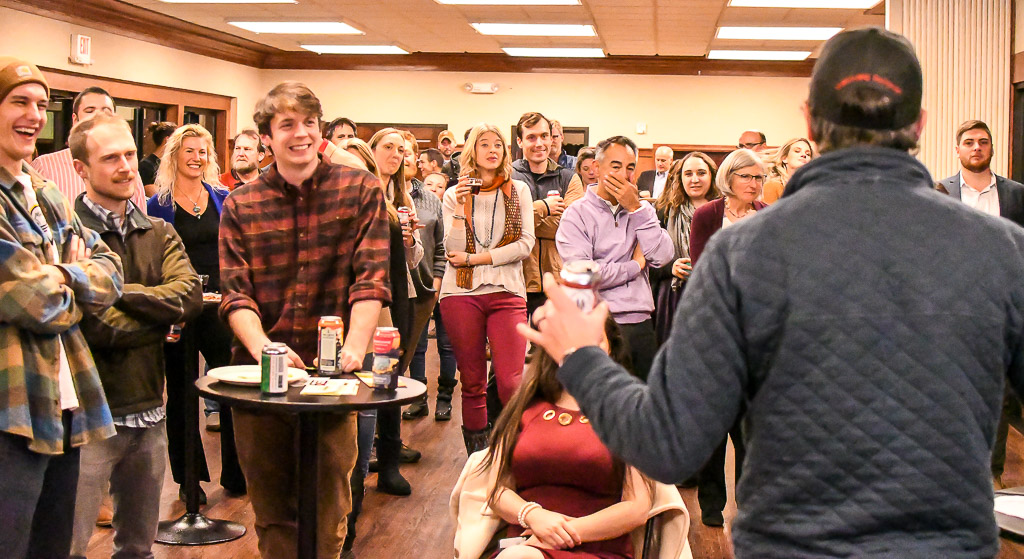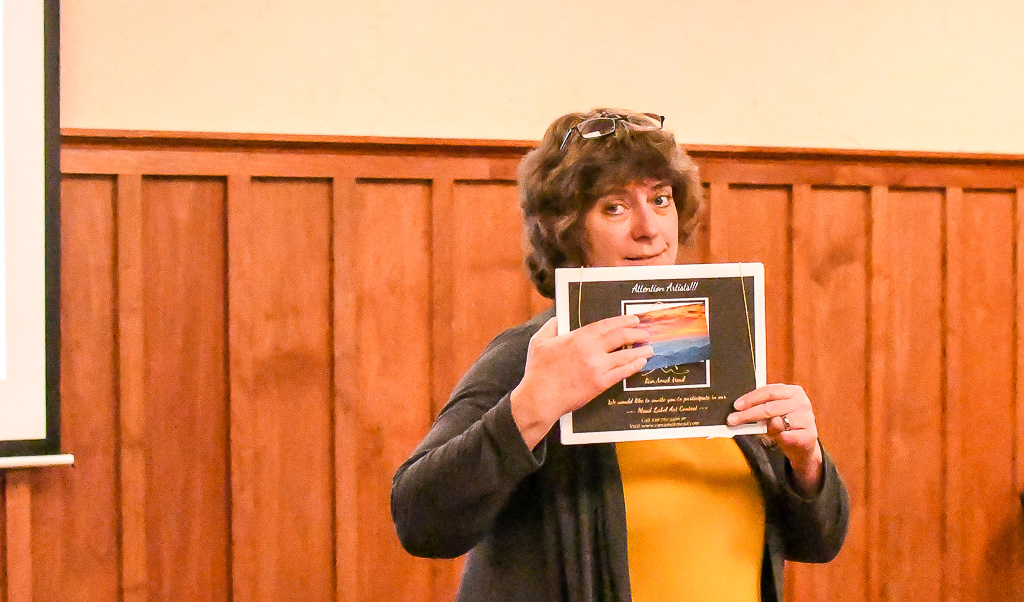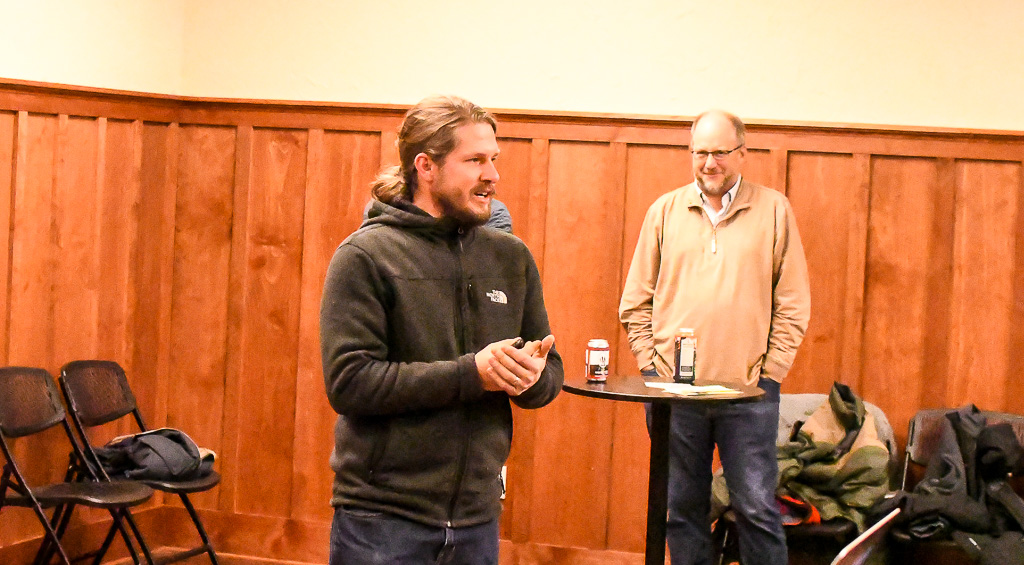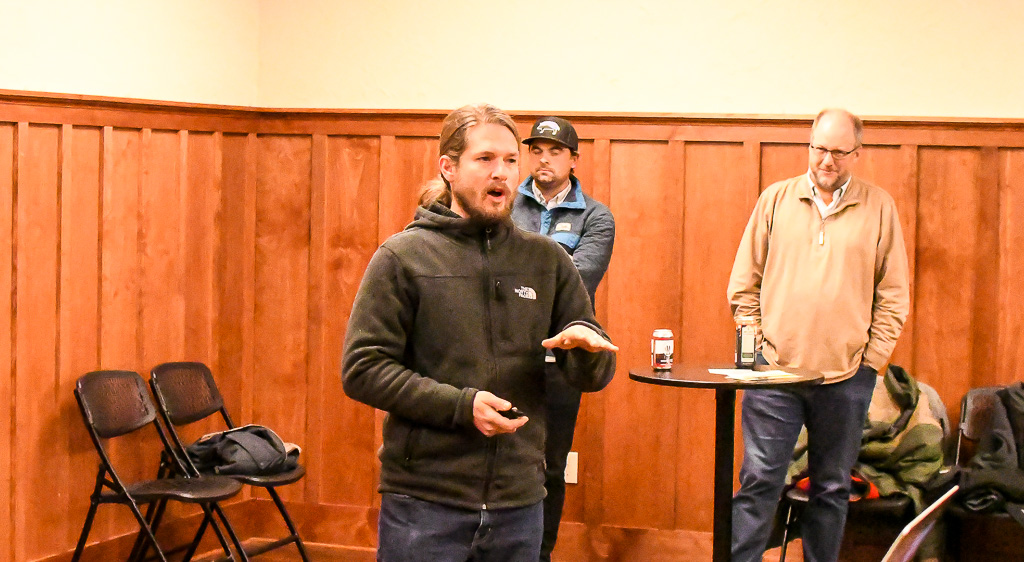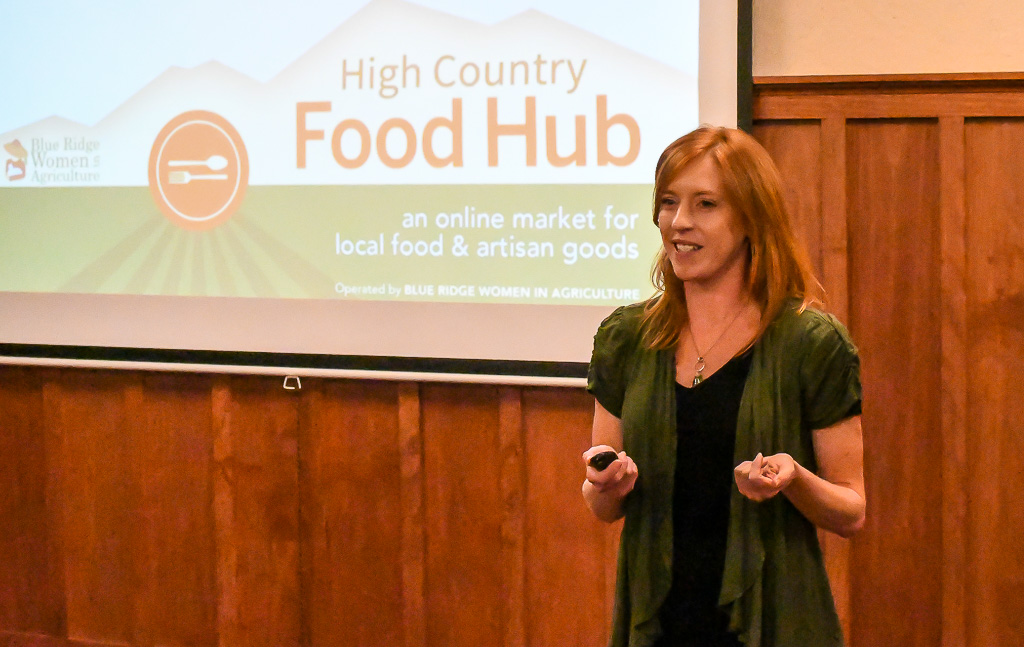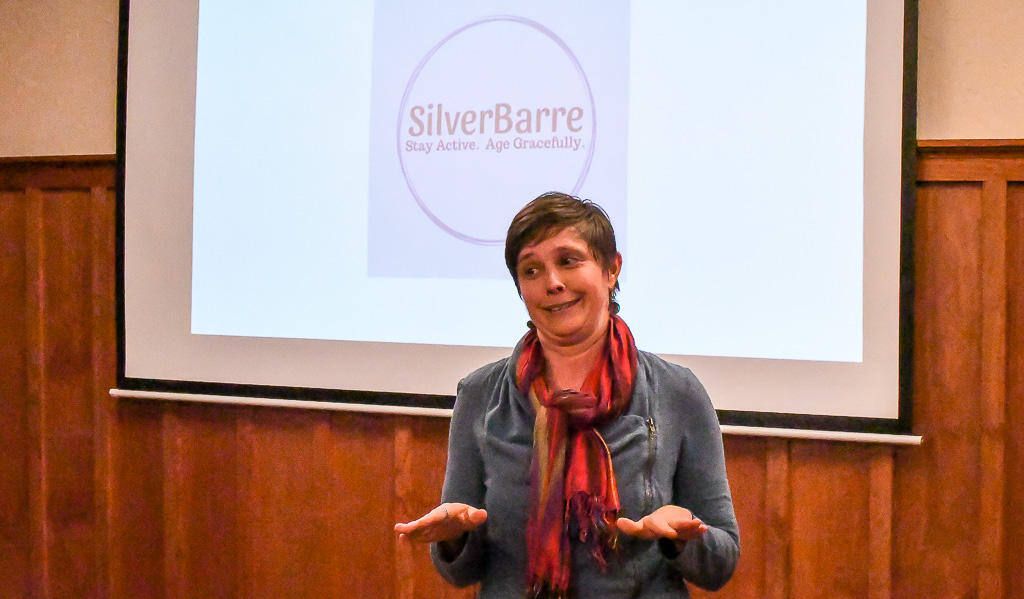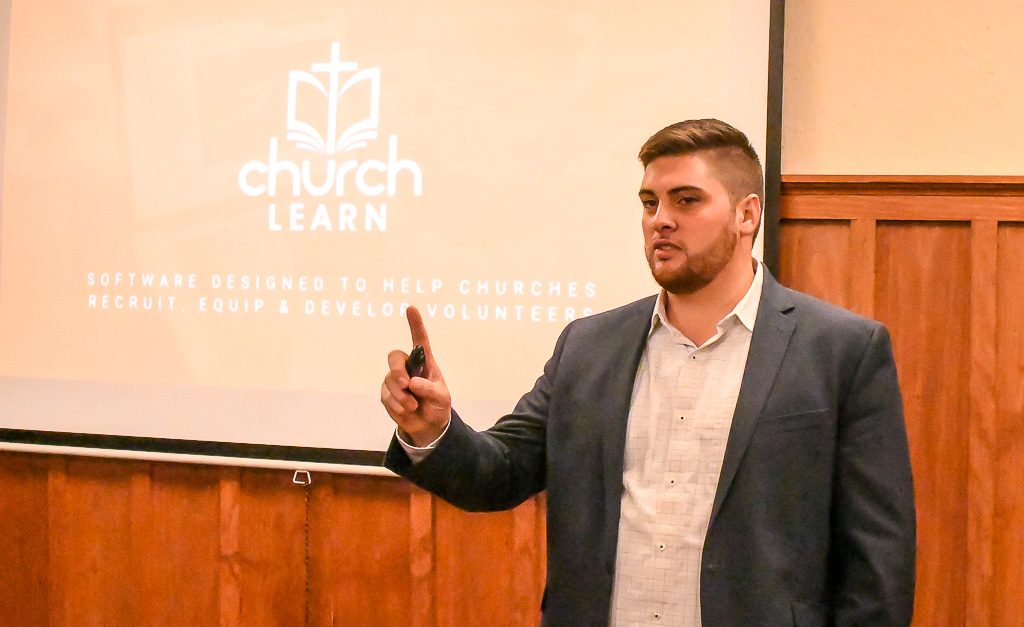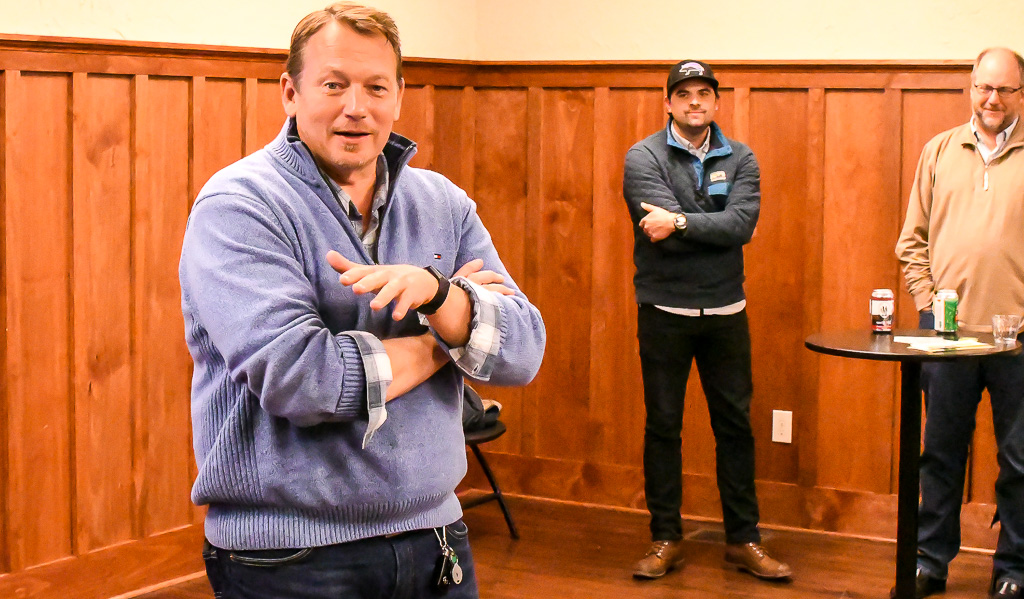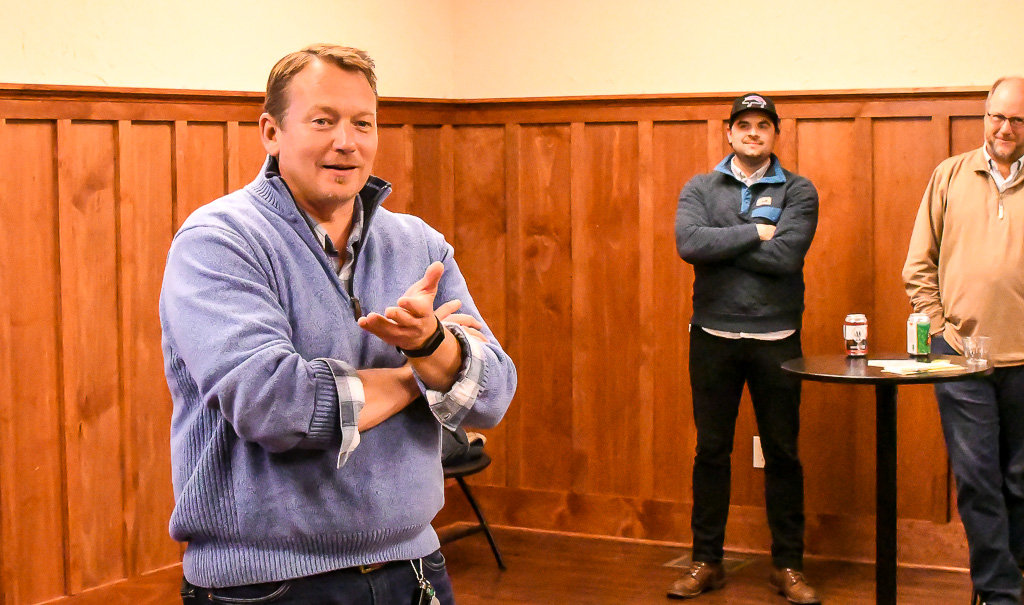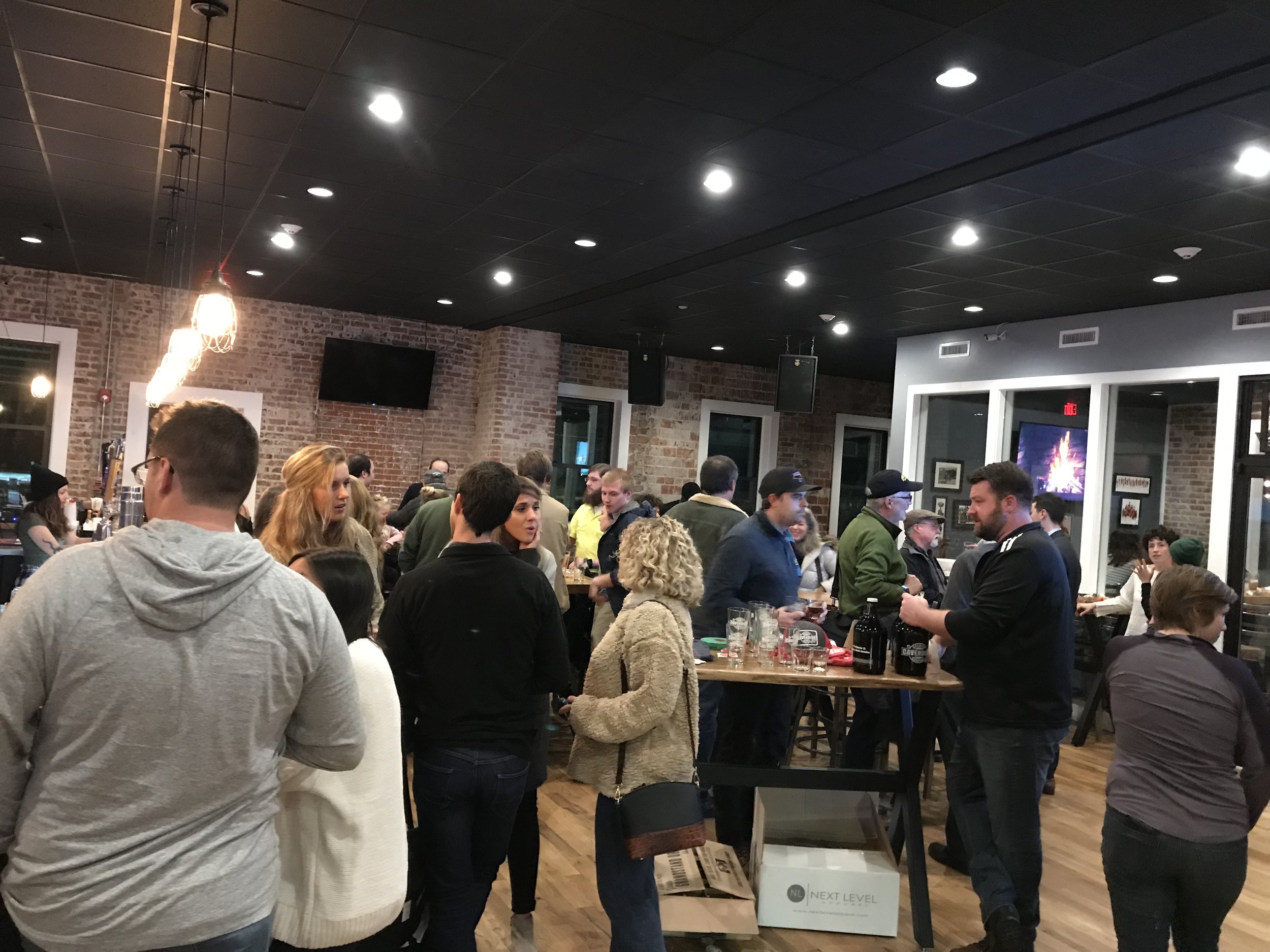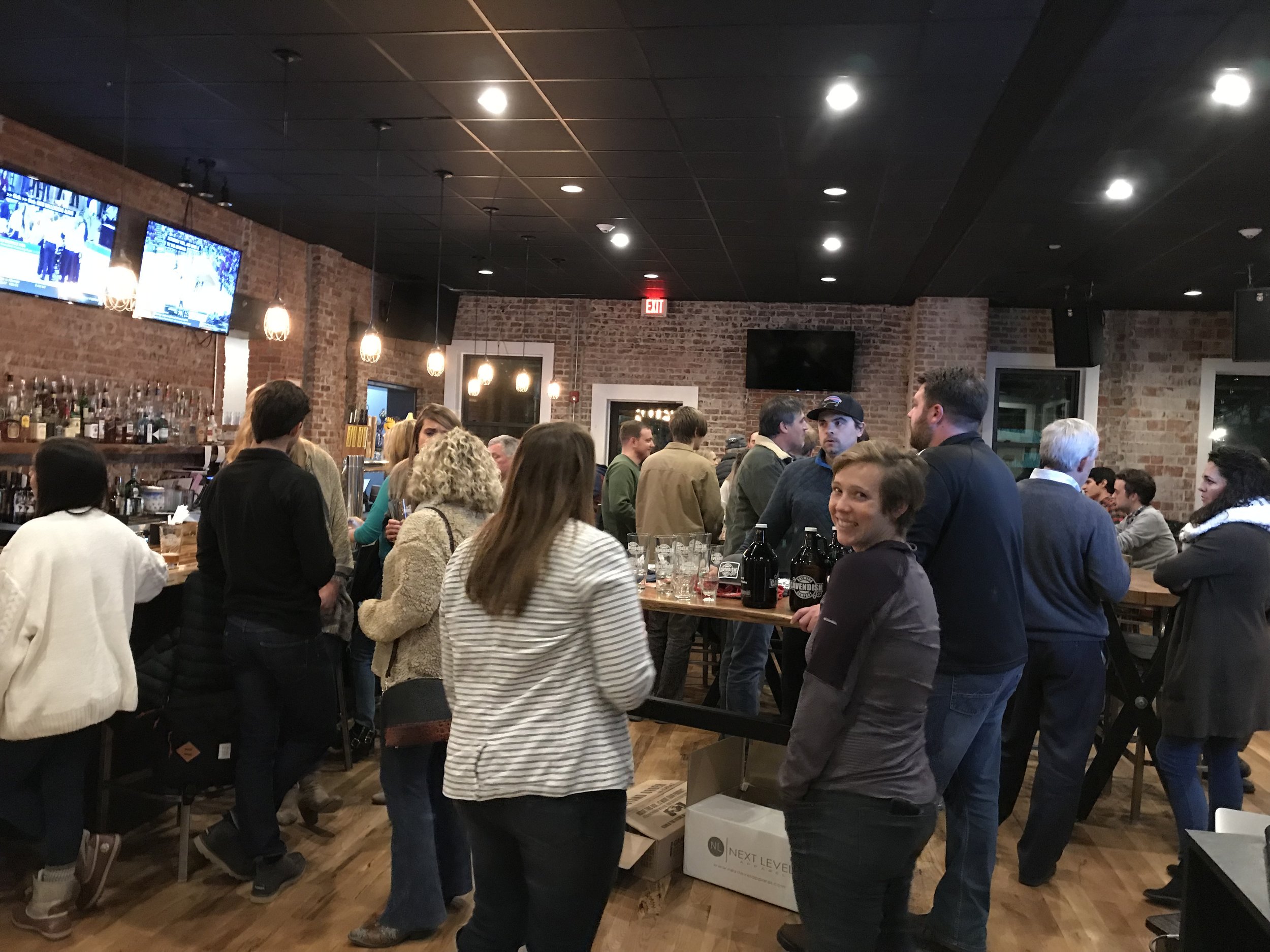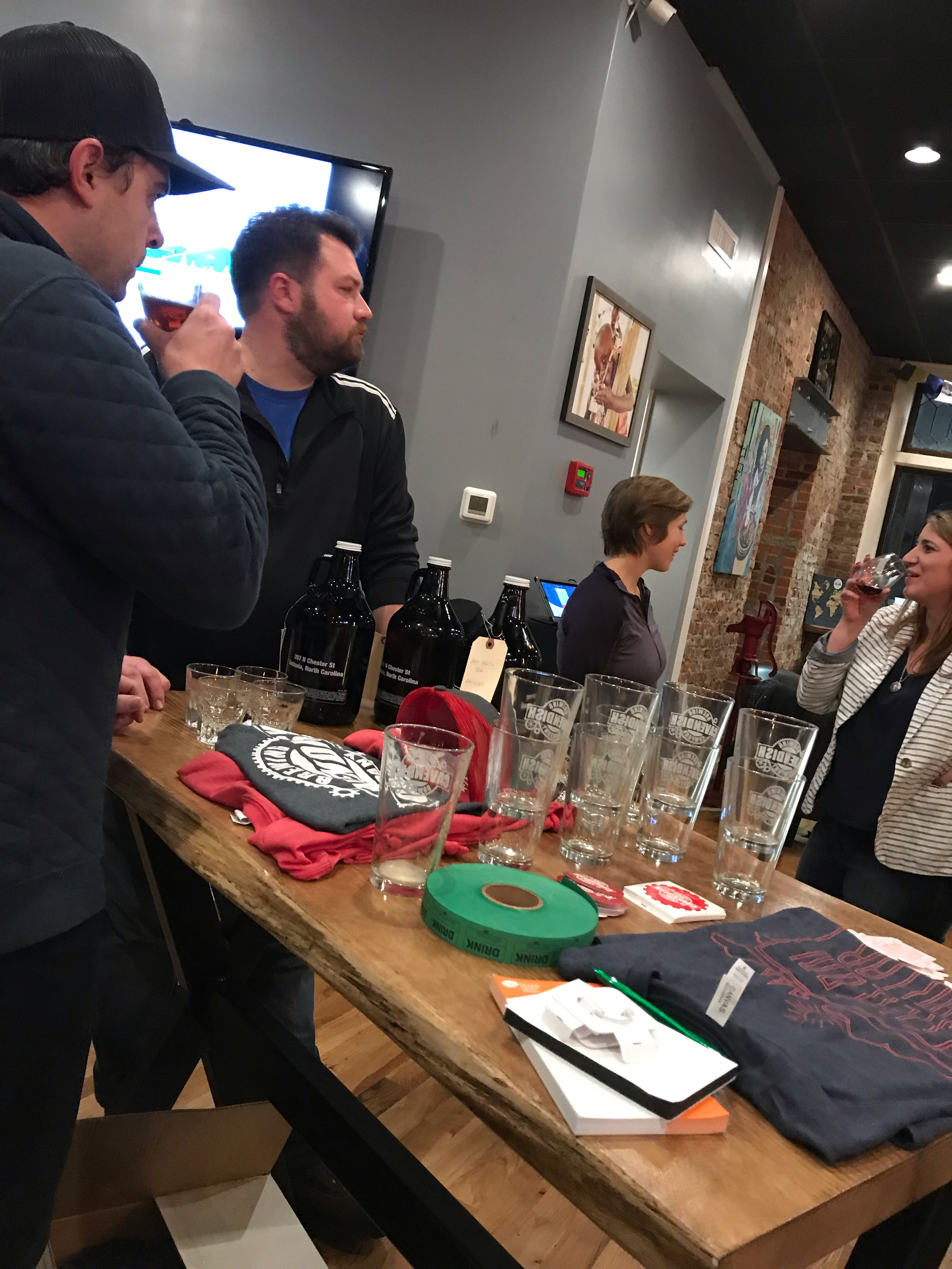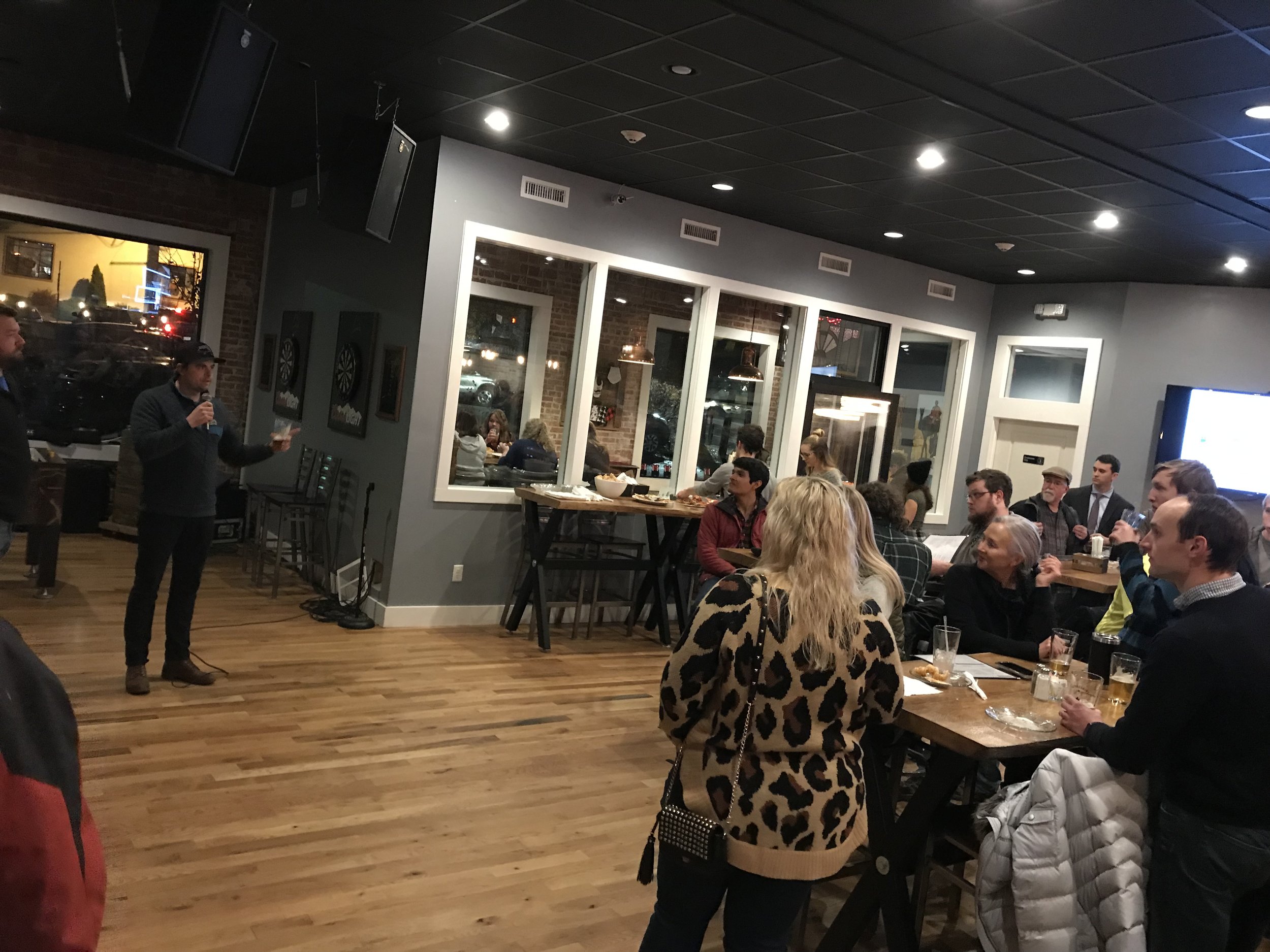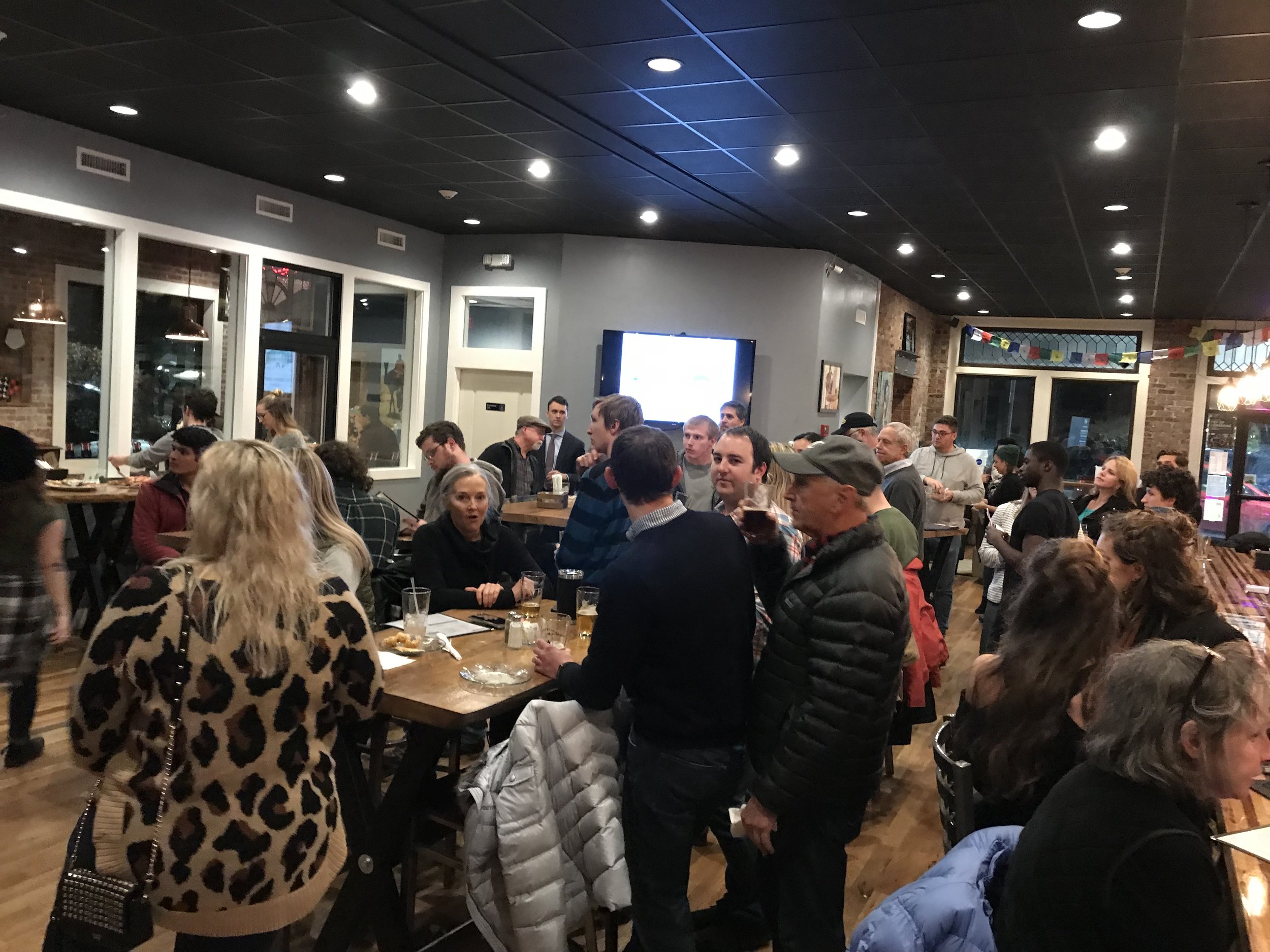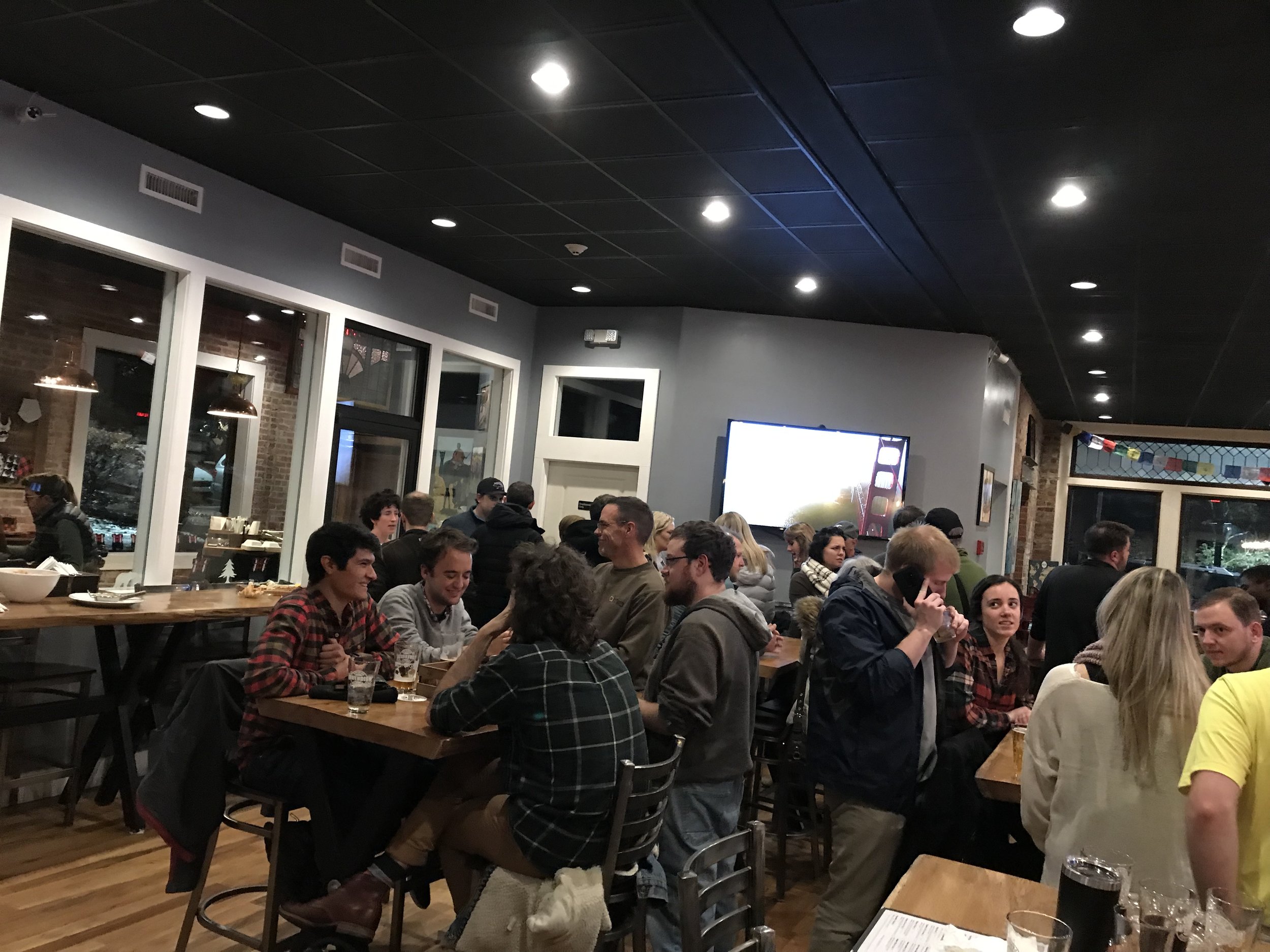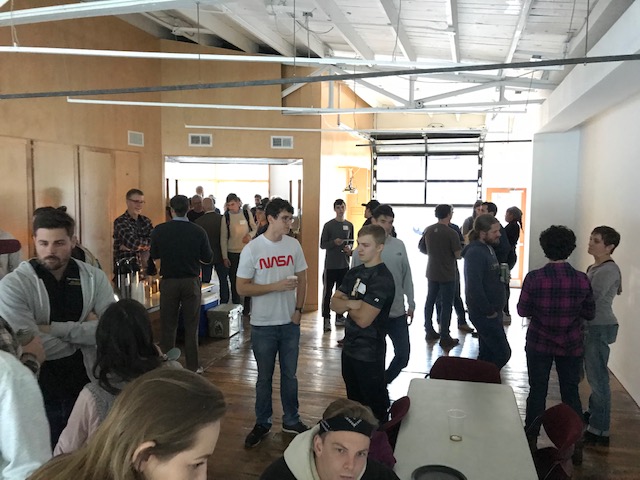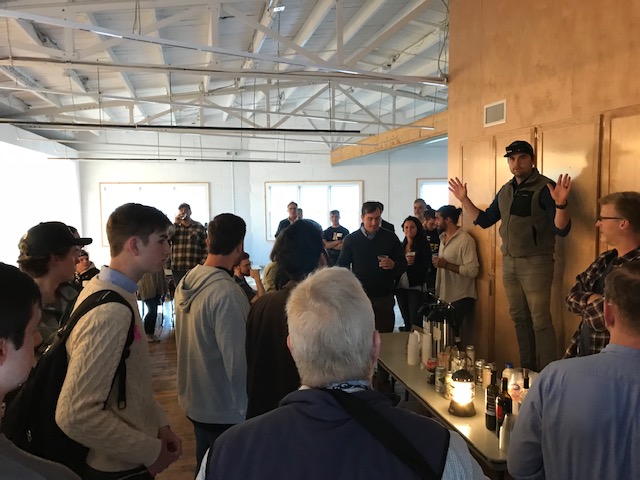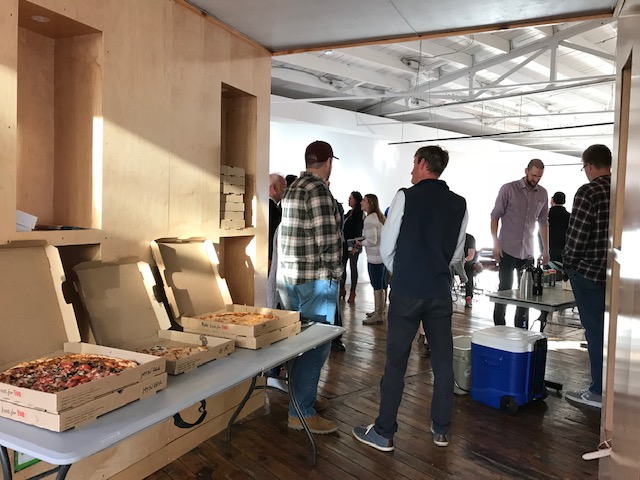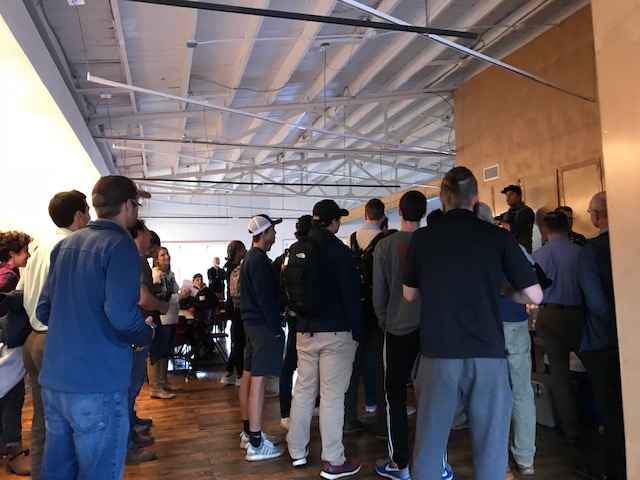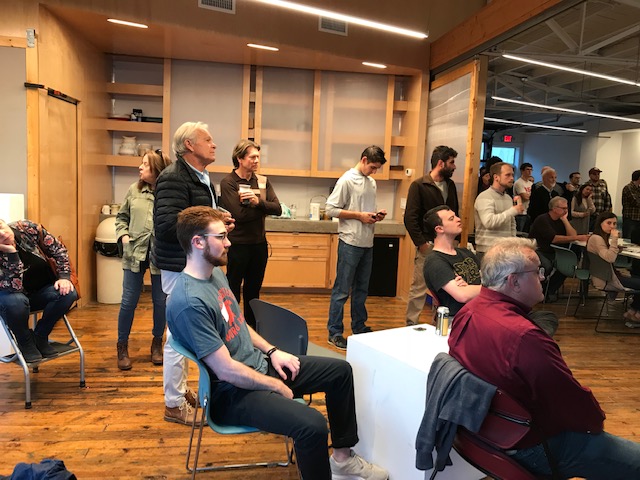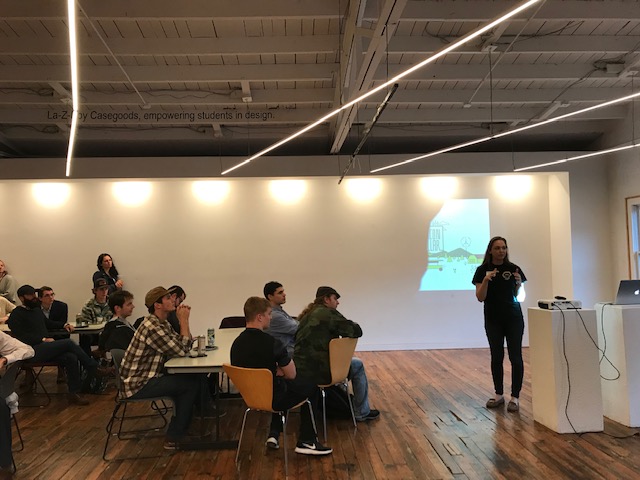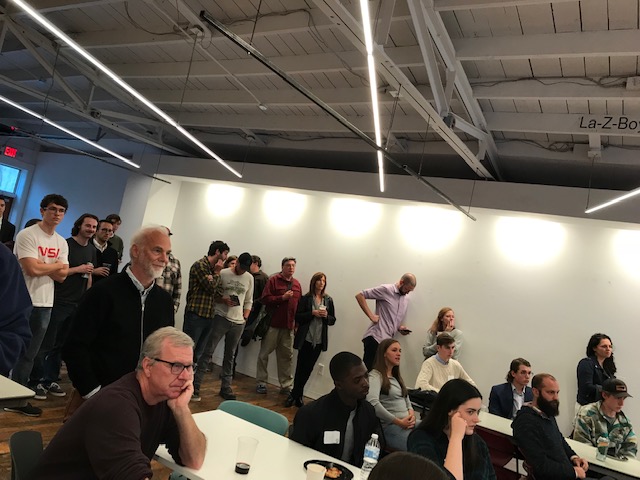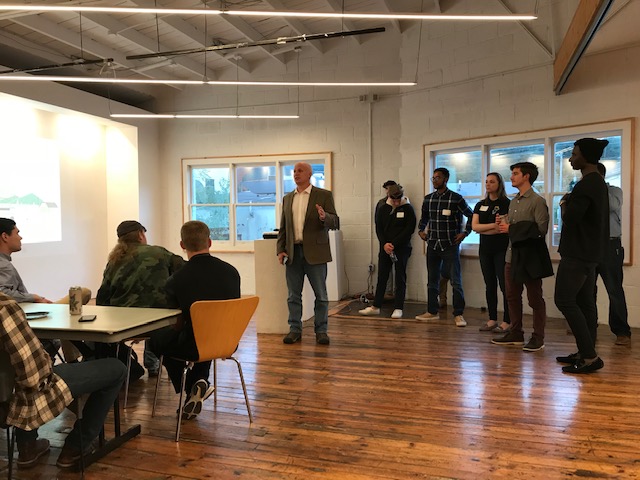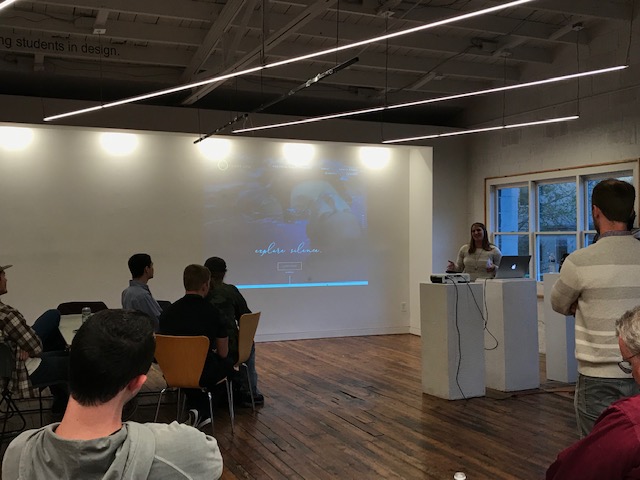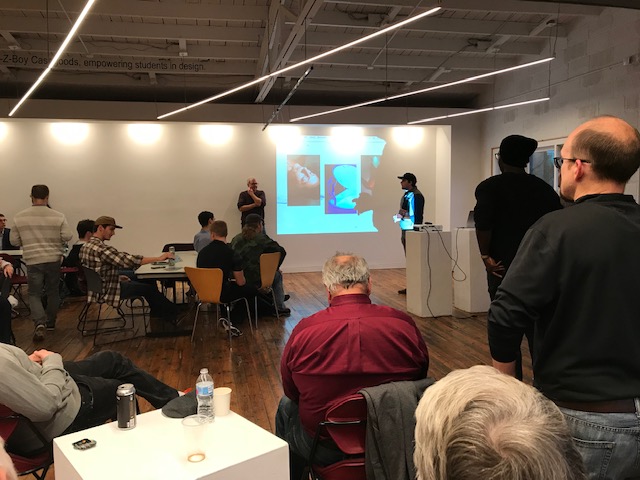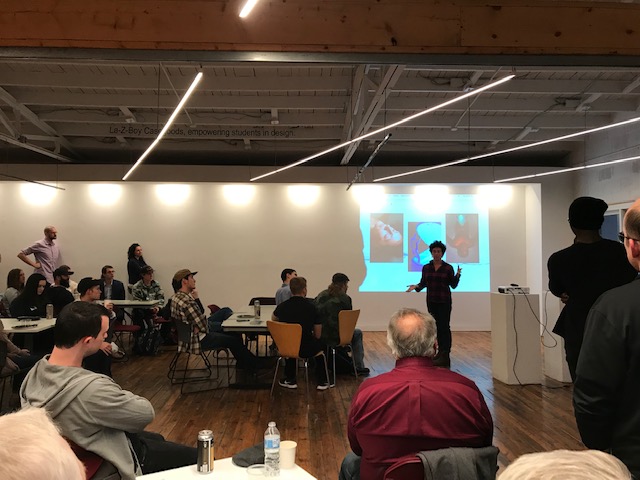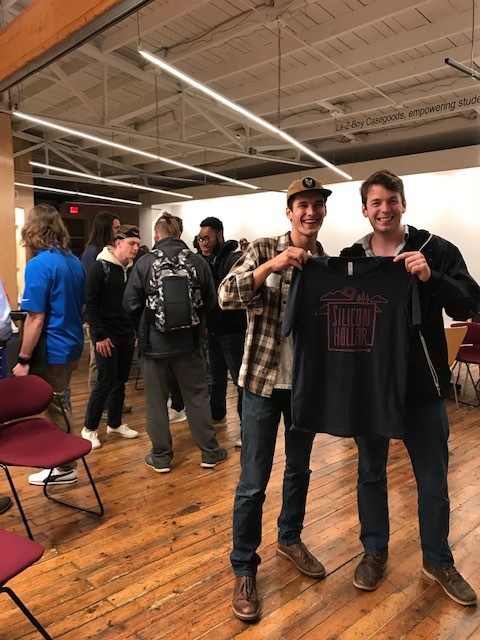ELYSSA KIRKHAM
Entrepreneurs may spend years gaining experience and resources as they wait for the right time to finally take the leap and start a company. As it turns out, entrepreneurial hopefuls might be able to achieve their aim of founding a business years sooner — if they live in the right place.
A new study from LendingTree reveals which 10 major cities in the U.S. have the youngest business founders. Using anonymized data from business owners seeking funding through the LendingTree small business marketplace, the study compared ages of business founders on their companies’ dates of origination in the 50 largest U.S. cities.
Average founder’s ages when starting their business ranged from 37 to 42 years old, the study found. This five-year gap in average ages might seem small, but it can represent many factors that work for — or against — entrepreneurs in each city.
Here are the 10 cities where young entrepreneurs are making their mark and forming the next wave of million- and even billion-dollar businesses.
Key findings
Salt Lake City, Buffalo, N.Y. and New Orleans have the youngest business founders, on average. Entrepreneurs in these cities, along with Oklahoma City, were younger than 38 years old on average at the time they started their businesses.
Providence, R.I., San Jose, Calif. and Hartford, Conn., fell on the other end of the spectrum — business founders were 42 years old on average when starting their companies.
Gen Xers helmed nearly 42% of new businesses founded in the last five years, followed by millennials who founded almost 38%.
Louisville, Ky. had the highest proportion of millennial founders, at 44.8%.
Providence, R.I. and Philadelphia had the highest proportion of Gen X founders, at 48.7%.
Baby boomers founded more businesses in Silicon Valley (San Jose, Calif.) than anywhere else, at 24.1%. As one of the most expensive communities in the country, it may take budding entrepreneurs longer to save up starting capital.
The 10 cities with the youngest entrepreneurs
The 10 cities with the youngest entrepreneurs are likely to have some of the lowest barriers to enter entrepreneurship.
A closer look reveals that booming local economies, along with low local costs and taxes, may be fueling startup growth. These cities also have strong support systems in place to help founders and their startups succeed, from business incubators and accelerators to networking events and opportunities to apply for small business grants or attract venture capital.
In short, these are the cities where young entrepreneurs are more quickly reaching their goal to form a business of their own.
1. Salt Lake City
The youngest business founders in the country can be found in Salt Lake City, Utah. Entrepreneurs here achieve their dreams of starting a business at just 37.8 years old.
The area known as “Silicon Slopes” encompasses the Salt Lake City metropolitan area and nearby cities; it is home to billion-dollar tech companies such as Overstock.com, PluralSight and Qualtrics.
These big players have helped established a steady, growing economy in Salt Lake City and throughout Utah. The area also has an established (and growing) pool of qualified talent. Combined with the relatively low cost of living, and entrepreneurs in Utah have few obstacles — and plenty of opportunities.
2. Buffalo, New York
In Buffalo, the typical business founder is just 37.9 years old, and a decent portion of the city’s entrepreneurs belong to Generation Z (3.6%).
Buffalo’s business climate has improved in recent years, thanks in part to a billion-dollar economic development package proposed by Gov. Andrew Cuomo in 2012. This money has since flowed into the state’s second-largest city, and Buffalo has seen some gains from the program, even in the wake of some false starts and scandals.
On top of the “Buffalo billions” initiative, this city offers a relatively affordable cost of living and a strong support system for budding entrepreneurs. This includes business education and support through the Center for Entrepreneurial Leadership at The State University of New York at Buffalo, and local business incubators like Launch NY and 43North.
3. New Orleans
The dream of entrepreneurship is within reach for many New Orleans founders — the average age of founders is just under 38.
Not only is New Orleans a cultural giant, it’s also a standout when it comes to cultivating the next generation of entrepreneurs and startups.
A hallmark of New Orleans’ business landscape is the annual New Orleans Entrepreneur Week. Started by entrepreneurship-focused nonprofit Idea Village, this major event gives would-be founders a chance to learn, grow and even pitch their business ideas.
On top of strong community initiatives to support new businesses, New Orleans also provides twin benefits of affordable local costs and business tax incentives that can help lower the economic barriers to starting a business.
4. Oklahoma City
Oklahoma is the last city that can boast an average founder age under 38 years old, and it’s also the city among the top 10 with the largest share of millennial founders, at 43.7%.
These young entrepreneurs can thank the solid network of support found in Oklahoma City and throughout the state, too — for instance, a business incentive act offers a tax break to Oklahoma businesses participating in certified business incubators.
Lastly, a low cost of living will help ensure founders can put their capital toward starting and growing their Oklahoma City startups — and not just keeping the lights on.
5. Charlotte, North Carolina
The average age of founders in this rapidly growing city is 38.21. In 2017, most of the $1 billion in venture capital raised by North Carolina entrepreneurs went to Charlotte-based companies. The flow of money into new Charlotte businesses is just one sign of the city’s healthy startup ecosystem.
Another is Charlotte’s large cohort of Generation Z entrepreneurs: a full 5.0% of Charlotte’s business founders fell into this college-aged (or younger) group. This could be thanks to the support and influence of UNC Charlotte’s Ventureprise entrepreneurship program, which provides business resources, trainings and certifications to students and Charlotte community members alike.
6. Minneapolis
Entrepreneurs are able to get a headstart on their startup goals in Minneapolis, where the average age of a business founder is 38.7 years old. The costs of starting a business here are kept low, thanks to the competitive living costs in the area and attractive tax incentives such as “angel tax credits,” which provide up to $1 million in for new, tech-centered businesses.
Minneapolis-based events, like Twin Cities Startup Week, can also give local entrepreneurs and businesses the perfect venue to network, promote and pitch themselves, and even raise capital. Another local initiative is the MN Cup, a statewide startup competition sponsored by the University of Minnesota — since its establishment, it’s seeded $2.4 million to local businesses.
Female entrepreneurs should also check out Women Venture, a local small-business nonprofit that helps women start and grow businesses in Minneapolis.
7. St. Louis
For young entrepreneurs, St. Louis provides a fertile environment in which business ideas and entrepreneurial ambition can grow — that’s thanks to a strong local startup scene and robust support network for new companies.
Local business investment foundations such as the Missouri Technology Corporation, Arch Grants and St. Louis Accelerator provide vital investment and grant dollars to attract and grow leading young businesses.
These are just a few of the incubators, accelerators and initiatives that provide enough support to young entrepreneurs to allow a typical founder to start a business as young as 38.8 years old.
8. Portland, Ore.
When inspiration strikes, young entrepreneurs in Portland, Ore. aren’t afraid to strike out on their own. But they don’t have to go it alone, thanks to incubators and accelerators such as Prosper Portland, Portland Incubator Experiment (PIE) and Portland Seed Fund.
The average founder in Portland is just under 39 years old. Home to campuses for leading brands such as Nike, Columbia Sportswear and Intel, Portland and the state of Oregon offer business-friendly corporate tax structures. New entrepreneurs should investigate tax incentives that can help lower their new business’ property and income taxes.
9. Milwaukee
The secret for Milwaukee’s young entrepreneurs, just under 39 years on average, could be the city’s low costs for businesses. Milwaukee’s lower cost of living combines with attractive tax incentives, exemptions and credits to make it more affordable for founders to start and ramp up a new business.
Entrepreneurial hopefuls can find plenty of backing in the Milwaukee area. Startup Milwaukee, for example, provides education and networking through Milwaukee Startup Week and similar initiatives. BizStarts offers further resources for local entrepreneurs, while other incubators like Milwaukee 7 can provide capital and funding for young companies.
10. Austin, Texas
Last on the list is Austin, the only city on this list in which the average new business founder is over age 39. From hosting innovation-centric conference South by Southwest (SXSW) to a booming local economy, this fast-growing city is a hub of entrepreneurship in Texas.
Several startup accelerators and incubators in Austin can help local founders grow a business at an stage. A bevy of newer venture capital firms in the area, like ATX Seed Ventures and LiveOak Venture Partners, could be spell good news for young businesses hoping to attract funding.
For young entrepreneurs, the right location can help a new business thrive
If you’re hoping to become a full-time entrepreneur, you’re not alone. Nearly a third of Americans have thought about starting their own businesses in the past year, according to a recent LendingTree survey.
Before launching a business, however, it’s worthwhile to consider your location and how friendly it would be to a new and growing company. The better the location you choose, the faster you can work toward founding and building your business.
Based on the top 10 cities above, here are some trends to watch for when researching where to start your startup:
Growing local economy: A startup will need a healthy economy and other businesses to survive. Check key economic indicators in cities you’re interest in — low unemployment and high consumer confidence in your area are positive indicators of a healthy economy with room for new companies to take root.
Business-friendly tax policies: Among the top 10 cities, a common thread is business-friendly tax policies. Many of these cities charged lower taxes to local businesses, and some even provided tax incentives to attract new and expanding companies.
Low cost of living: With lower expenses, you’ll need less capital to get your business up and running. These low costs can also keep your bottom line growing faster and keep your new business lean and competitive.
Strong startup network: Most of the cities with the youngest entrepreneurs were also home to robust support systems and networks for new entrepreneurs and startups. Research your area of interest to see if it’s home to business incubators or accelerators, entrepreneurial networks or events or even a coworking space. Your local Chamber of Commerce or Small Business Administration office can be a great starting point to find business resources and organizations.
Availability of business funding: Lastly, research opportunities you might have to access or raise funds for your business. See if your city of interest is home to venture capital firms or programs that offer small business grants or other funding. Check out potential sources you could turn to for small business loans, too.
Being picky about finding the best place to start your business can really pay off later. This study shows that a good balance of low costs and a strong startup ecosystem can help young entrepreneurs found a business years earlier. Even better, these factors can set a new business up for continued success in the quarters and years to come.
Methodology:
Anonymized data of borrowers seeking business loans on the LendingTree platform was limited analyzed to determine the average age of business founder in the 50 largest metropolitan statistical areas (MSAs). The data was limited to businesses founded within the last five years, and founders’ ages are from the date they founded their businesses. Generations are defined by the Pew Research Center as follows: members of the Silent Generation were born between 1928 and 1945; the Baby Boom generation between 1946 and 1964; Generation X between 1965 and 1980; the millennial generation between 1981 and 1996; and Generation Z after 1996.








